Song of four or five eight-syllable verses that belongs to the Levante group, and within this, to those of the mines. Its origin could be in an old folkloric fandango from Cartagena, although there are also two theories that differ from this last one. The first of them is the one that attributes the song to Concha la Peñaranda, also known as Cartagenera. However, many experts believe that the father of this style is Rojo el Alpargatero, so in this case the singing would be of Almeria origin. Currently there are two types of cartagenera: the classic, that starts from minor tones, and that of Chacón, with a very complex melody.
Cartagena
Upload/Select an audio or use external audio url to work this widget.
Upload/Select an audio or use external audio url to work this widget.
Upload/Select an audio or use external audio url to work this widget.
Upload/Select an audio or use external audio url to work this widget.
Upload/Select an audio or use external audio url to work this widget.
Upload/Select an audio or use external audio url to work this widget.
Upload/Select an audio or use external audio url to work this widget.
Upload/Select an audio or use external audio url to work this widget.
Upload/Select an audio or use external audio url to work this widget.
Upload/Select an audio or use external audio url to work this widget.
Upload/Select an audio or use external audio url to work this widget.



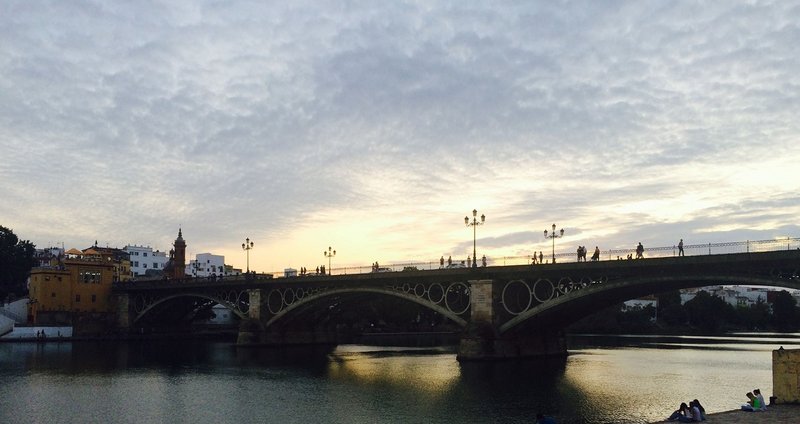 Sevilla
Sevilla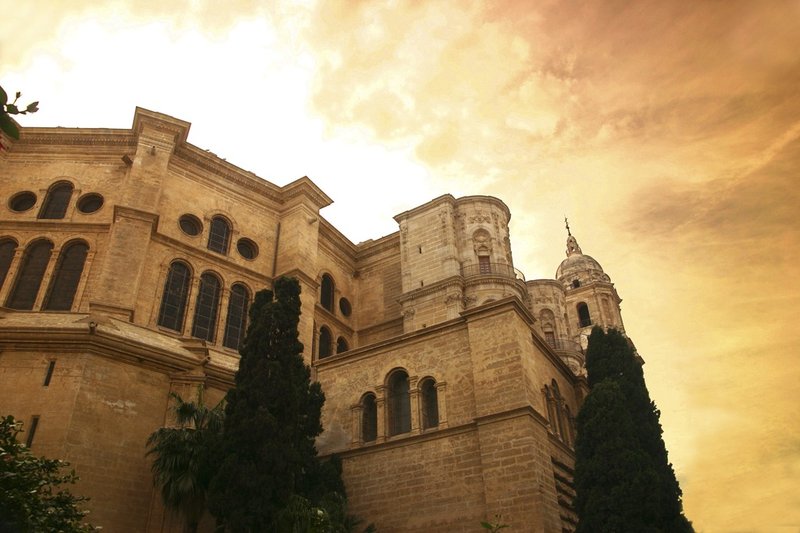 Málaga
Málaga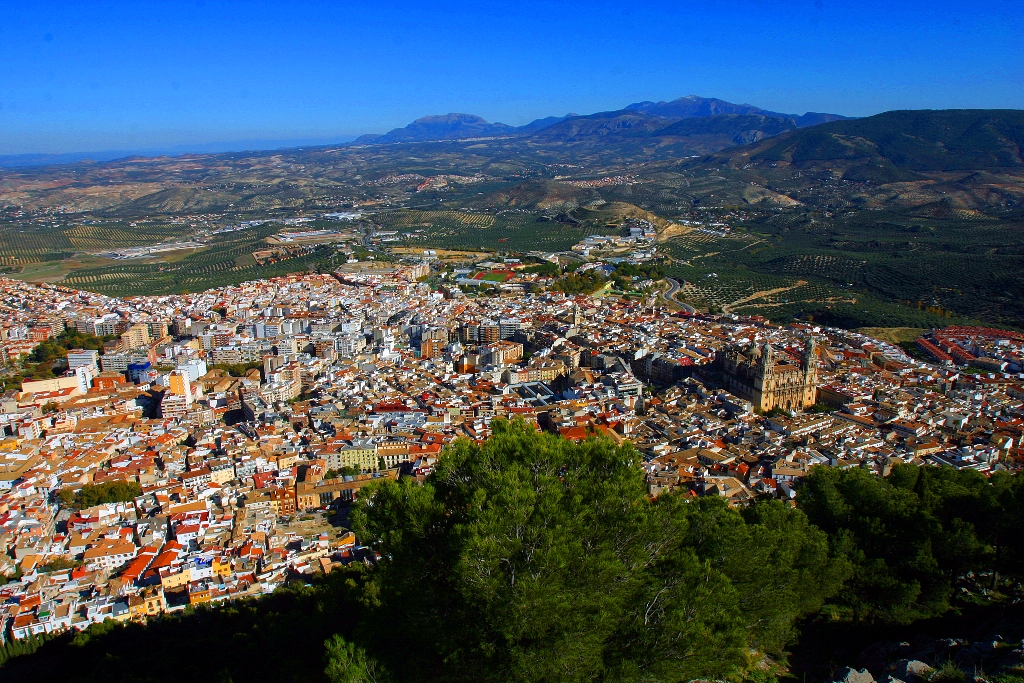 Jaen
Jaen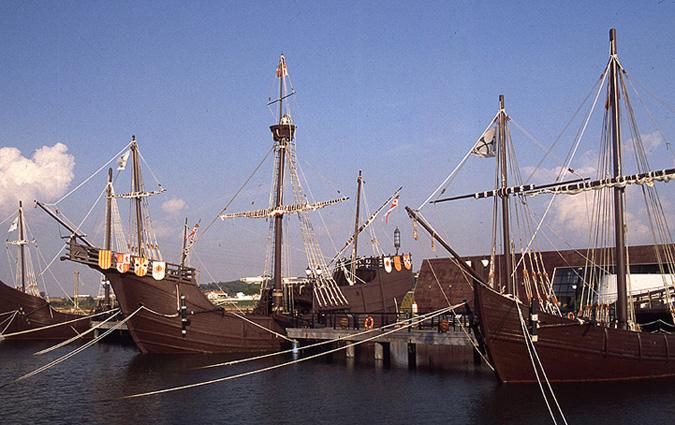 Huelva
Huelva Granada
Granada Córdoba
Córdoba Cadiz
Cadiz Almeria
Almeria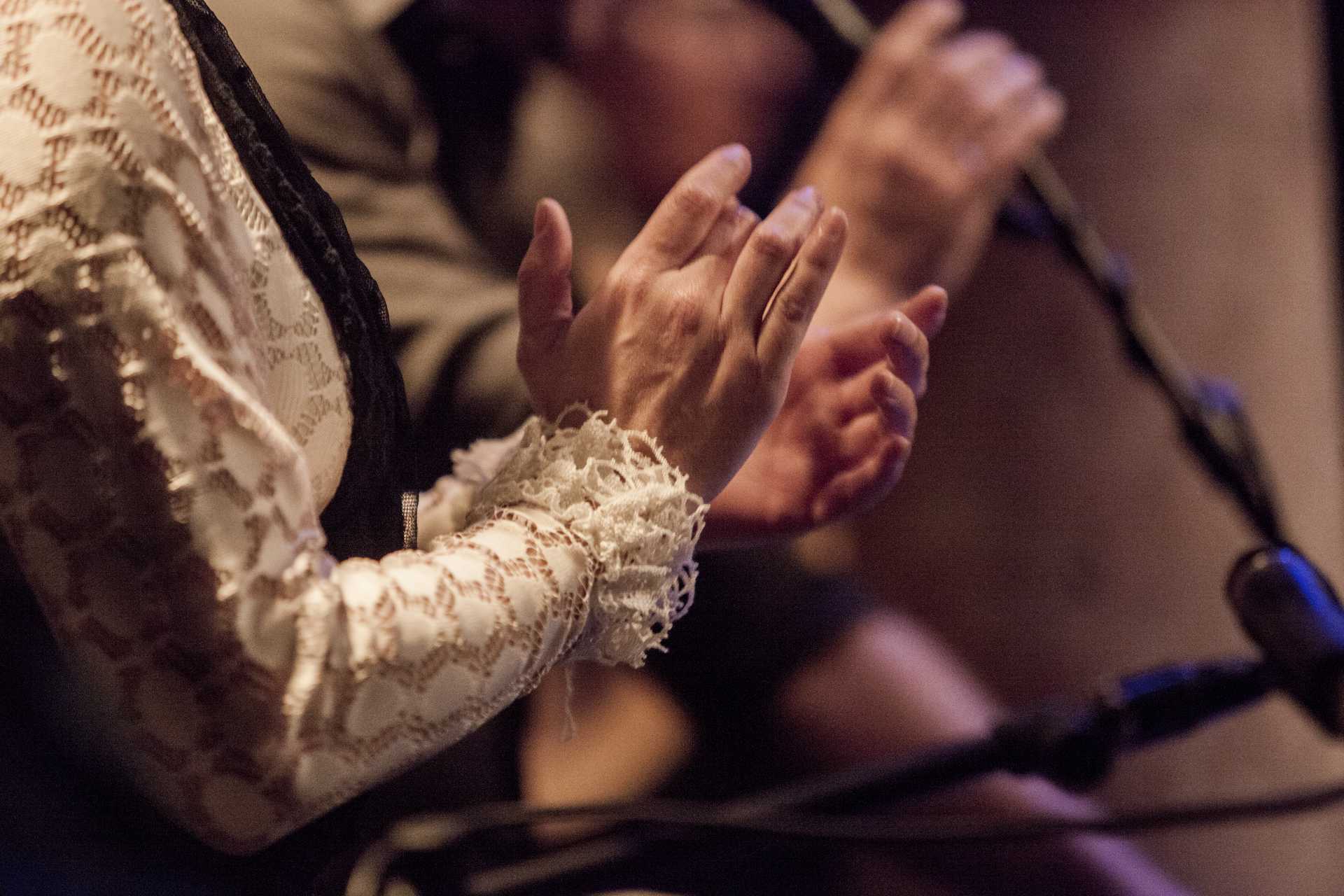 A tourist and cultural vision of flamenco
A tourist and cultural vision of flamenco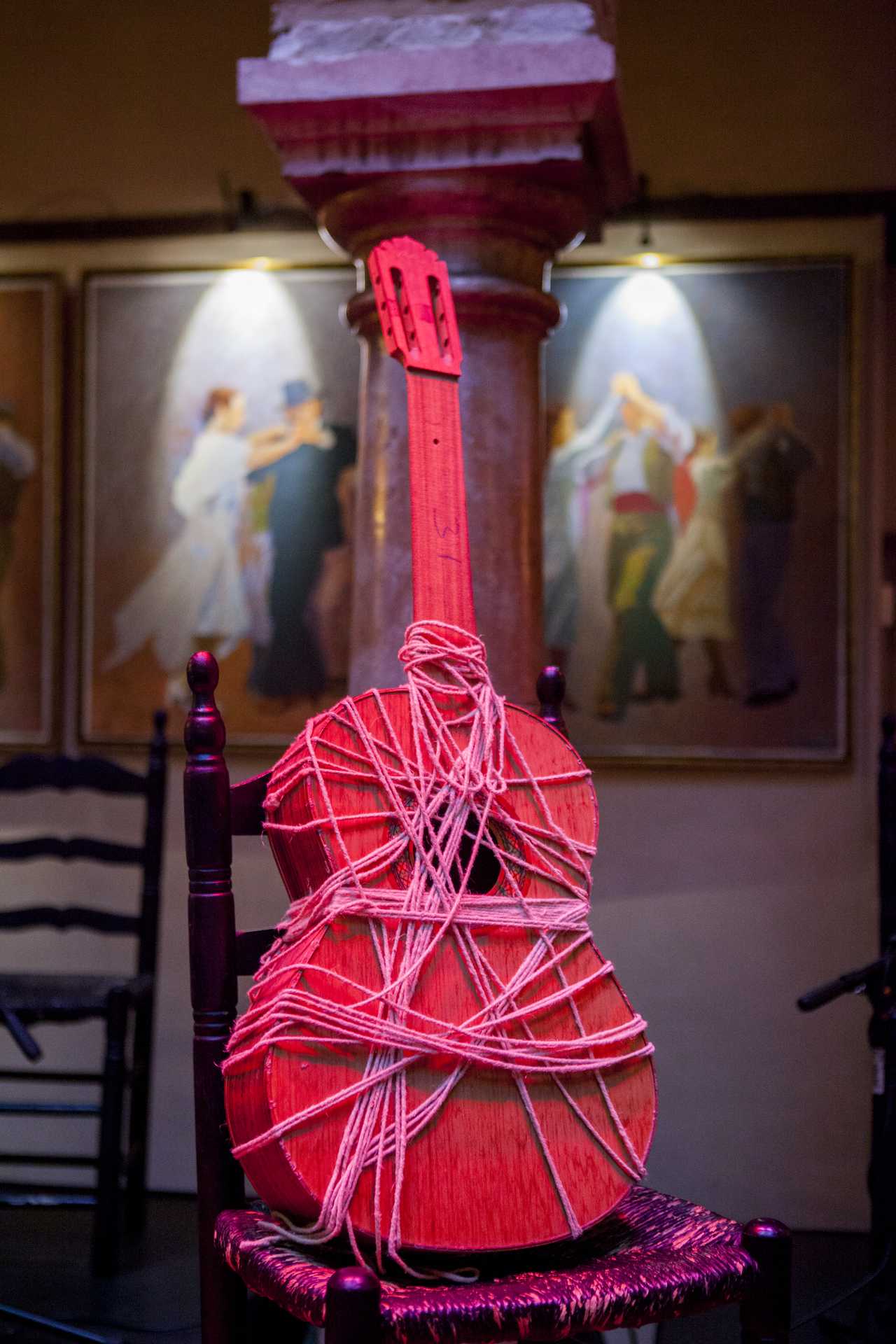 The Guitar, last to join.
The Guitar, last to join.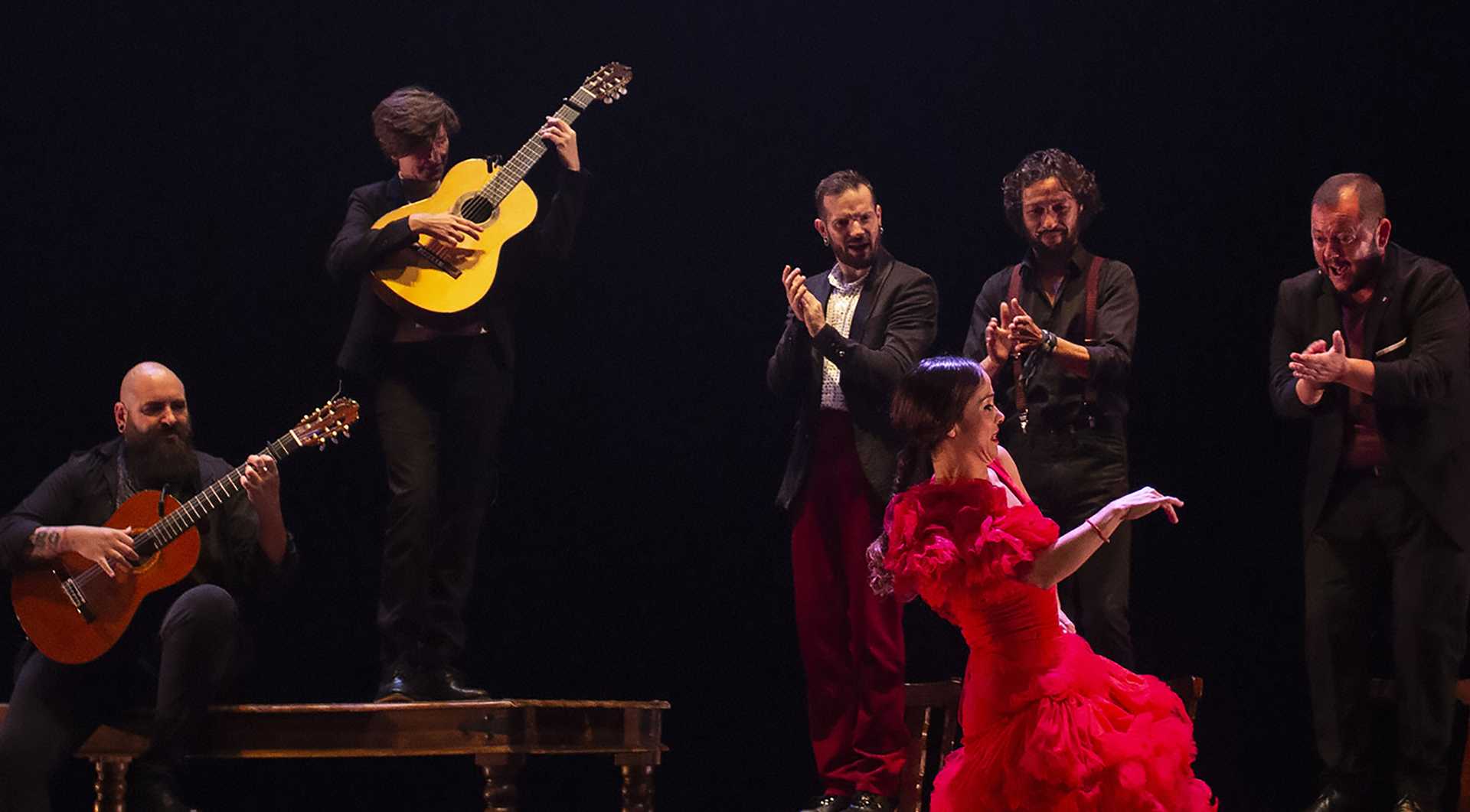 The history of flamenco with respect to its geographical distribution
The history of flamenco with respect to its geographical distribution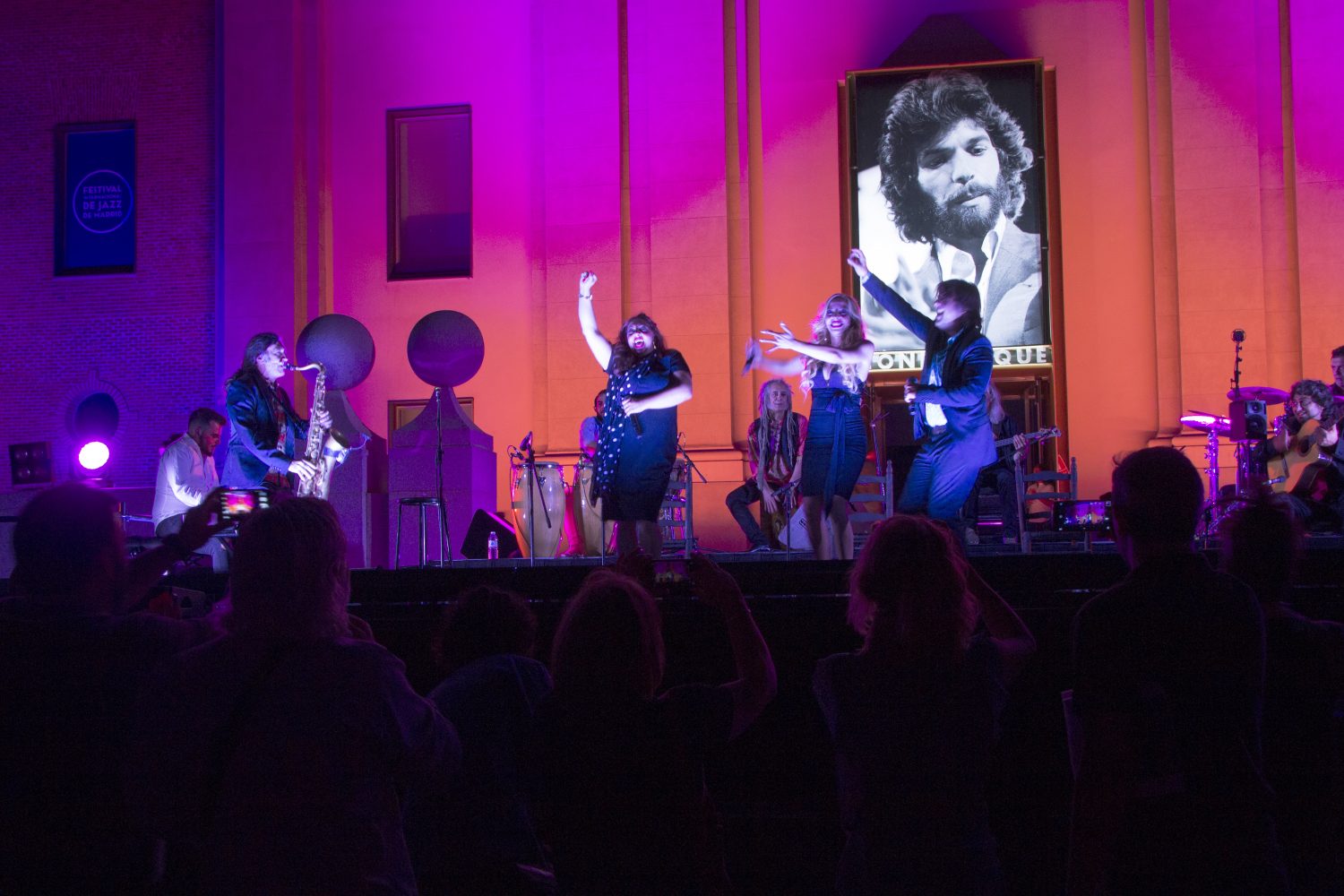 The present and future of the genre. The Fourth Golden Key of Singing.
The present and future of the genre. The Fourth Golden Key of Singing.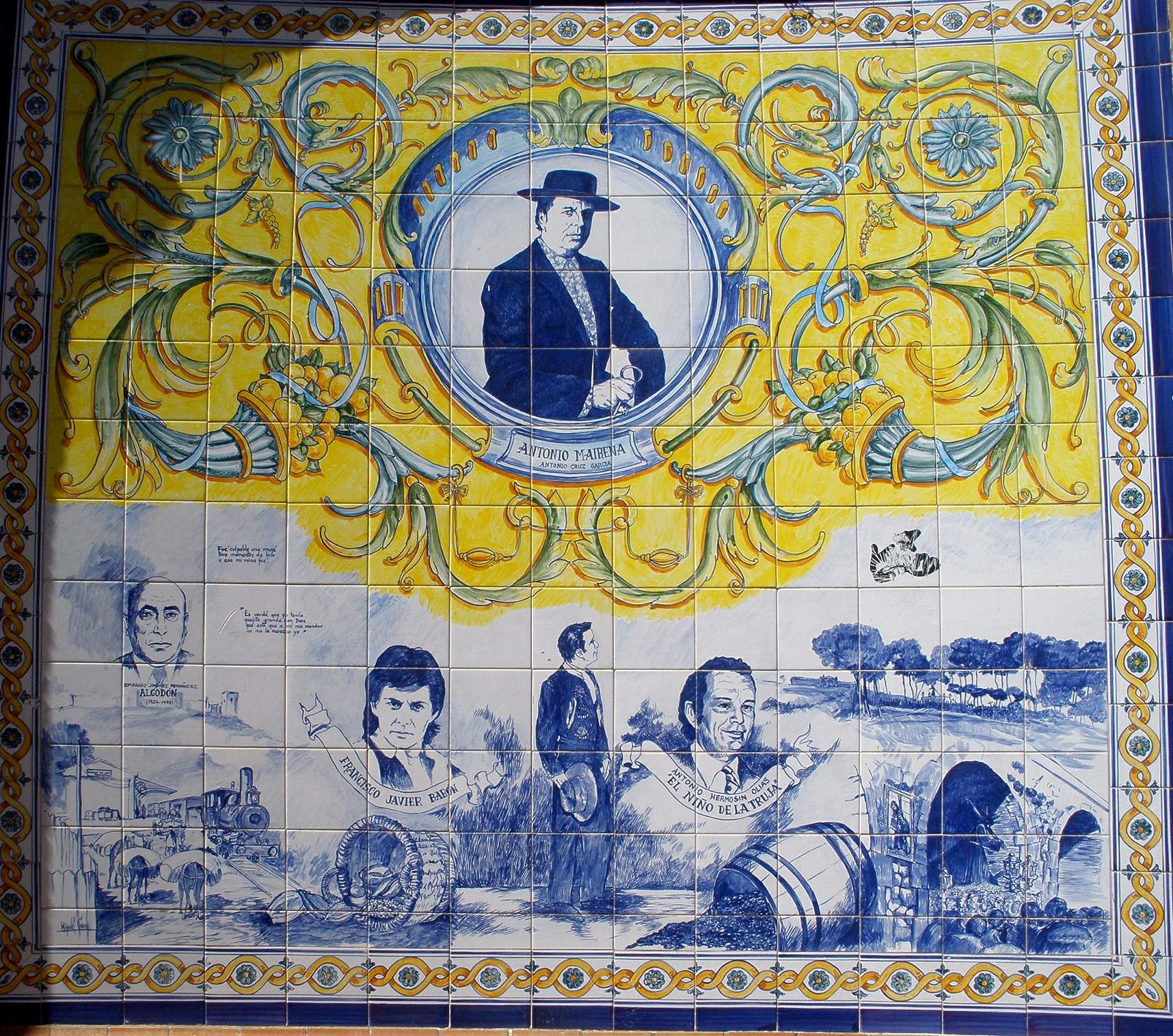 The festivals
The festivals Revaluation of flamenco. Third Golden Key of Singing
Revaluation of flamenco. Third Golden Key of Singing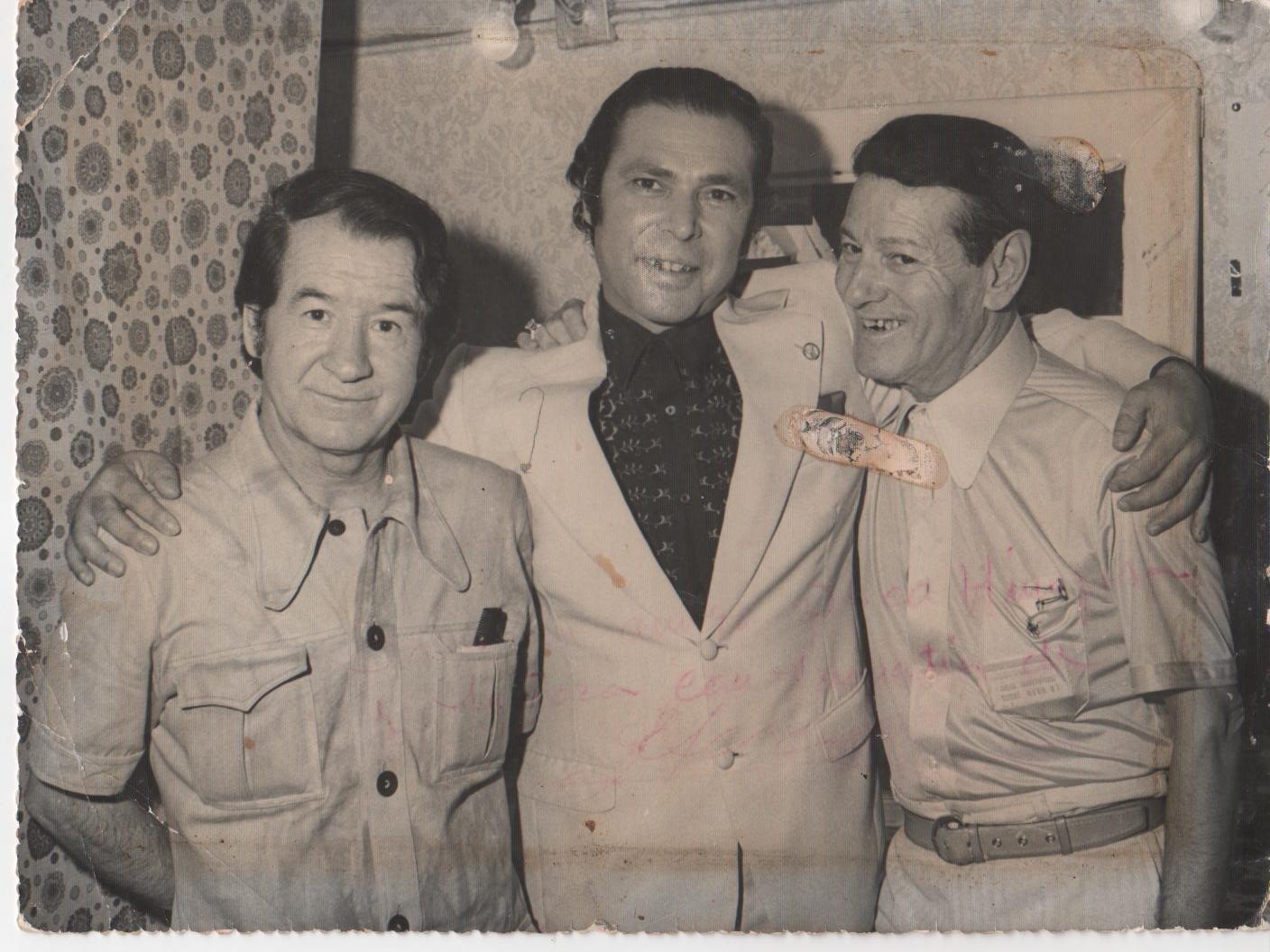 The Flamenco Opera
The Flamenco Opera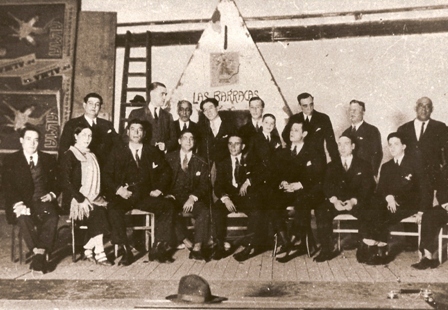 Flamenco in Madrid. The Pavón Cup. Second Golden Key of Singing
Flamenco in Madrid. The Pavón Cup. Second Golden Key of Singing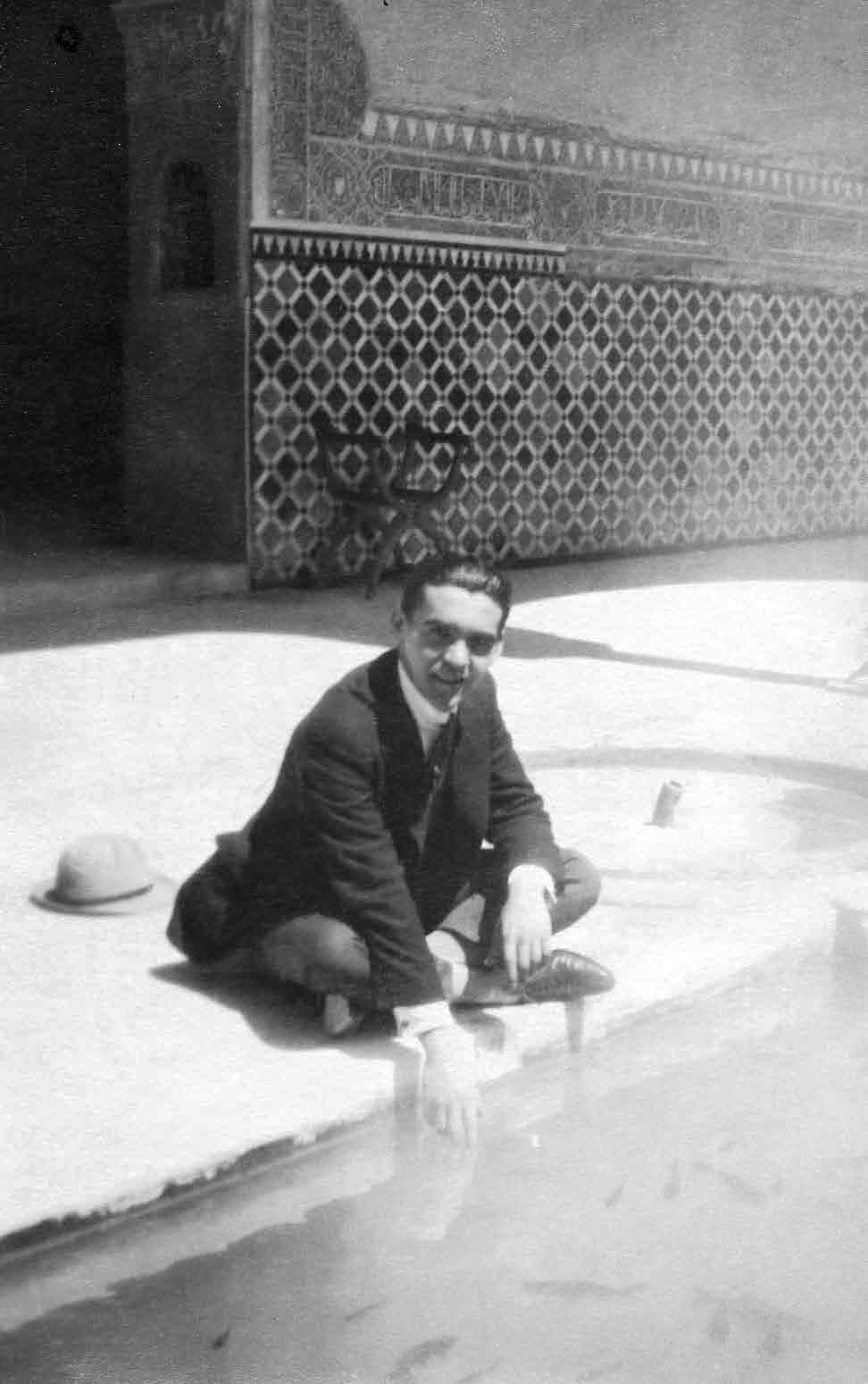 The contest that took place in 1922 in Granada
The contest that took place in 1922 in Granada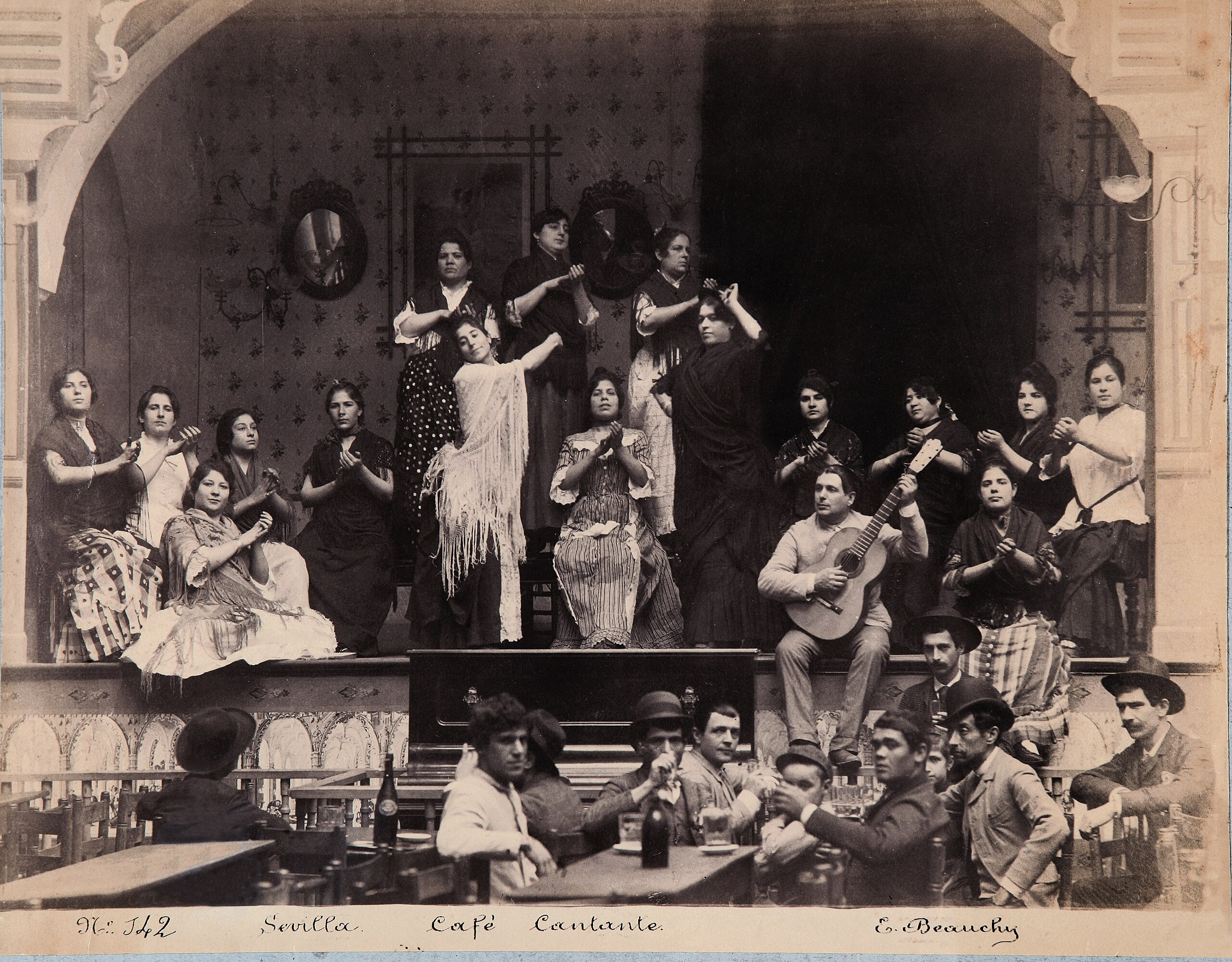 The great creators. The Golden Age. The Singing Cafes
The great creators. The Golden Age. The Singing Cafes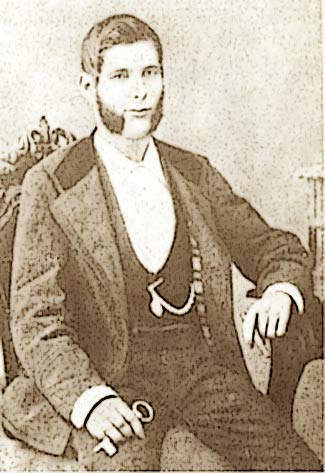 Evolution. Hermetic Stage. First singers
Evolution. Hermetic Stage. First singers Origin of the word “flamenco”
Origin of the word “flamenco”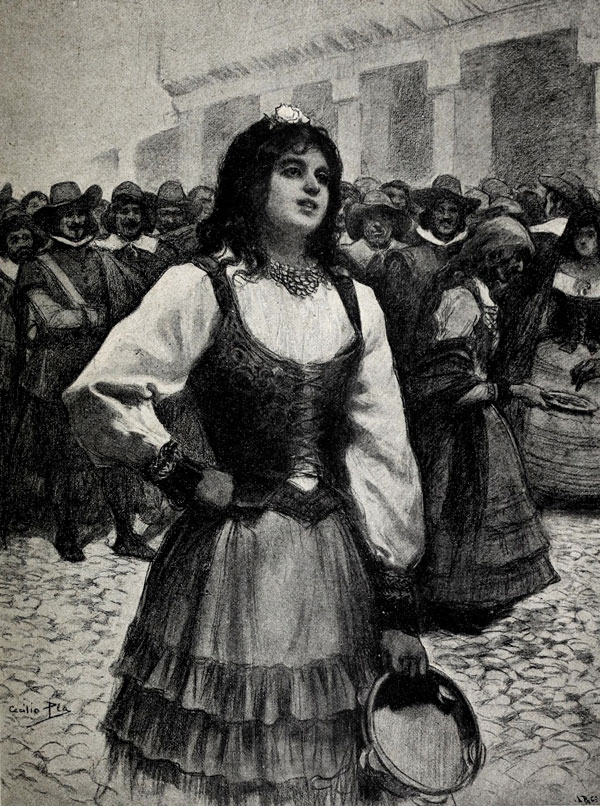 First written references
First written references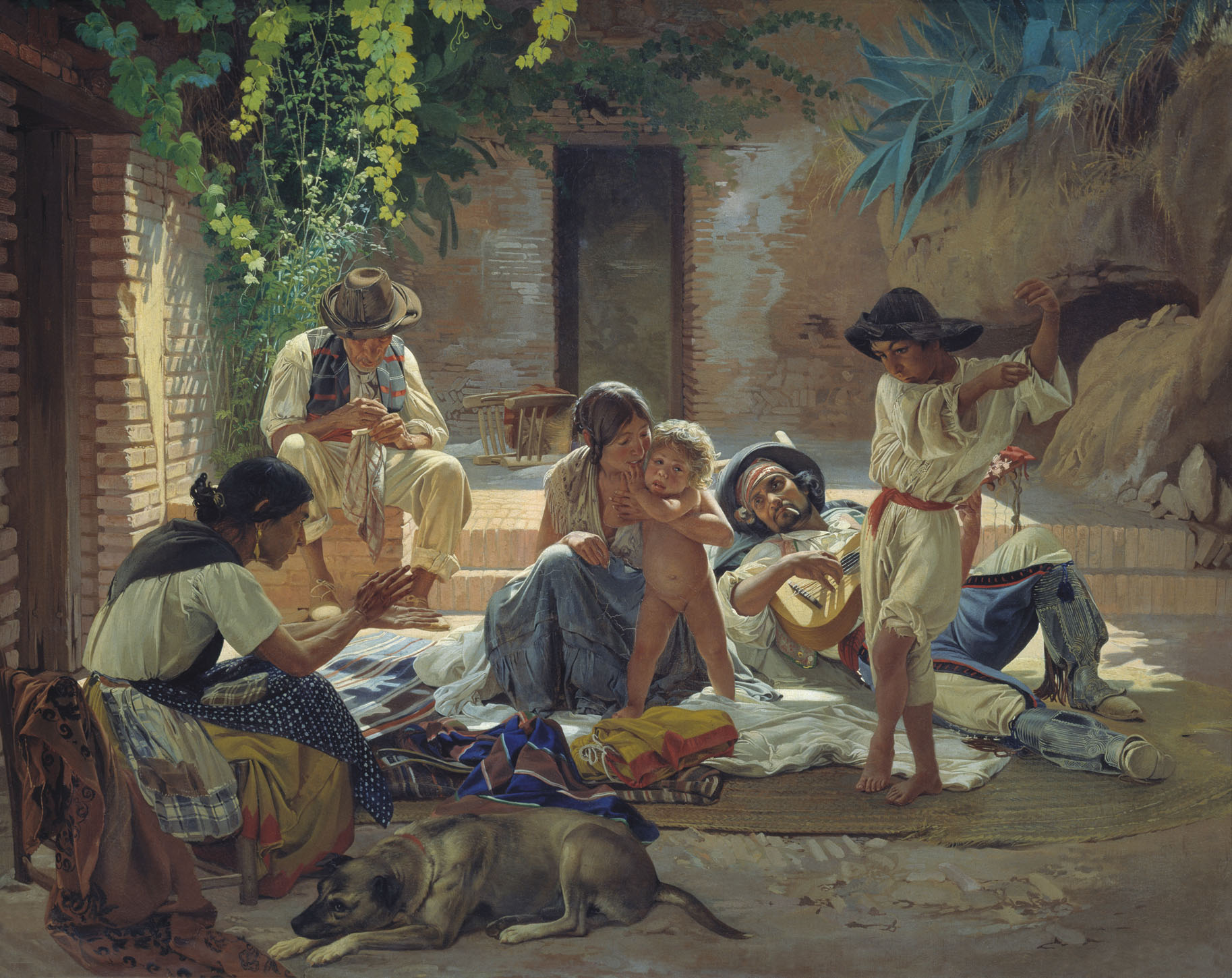 Musical background
Musical background